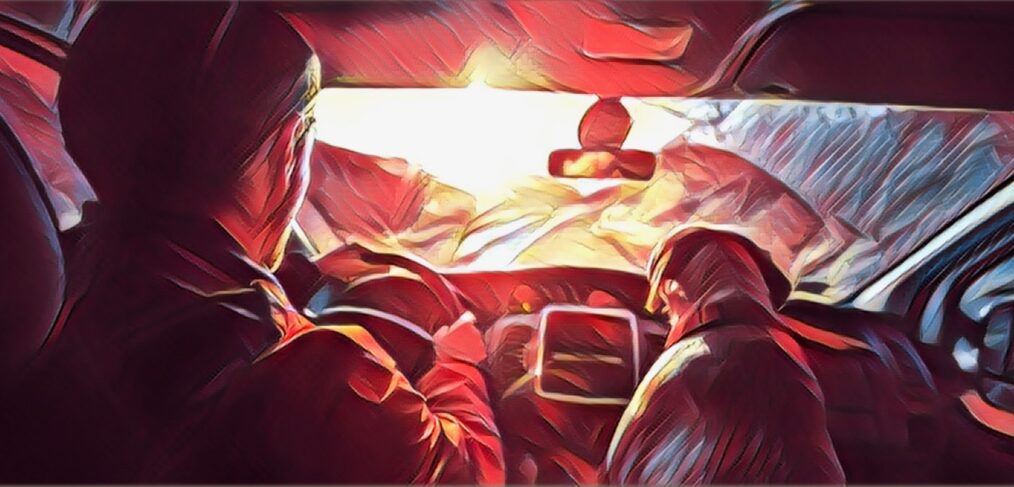
Who’s in the Driver’s Seat?—Understanding Our Motivations
Each of us makes many choices every day. Some of them are commonplace (what will I have for breakfast?), while some are weighty (should I look for a new job?). All of our choices have consequences, some of which we know and take into account and some of which we’re unaware of or in denial about. We must understand why we make the choices we do (all of them) and the relationships between their potential consequences and our motivations. Our paths in life are driven by our motivations, and the clearer the pictures we have of what drives us down our paths, the better able we will be to sit squarely in the driver’s seat. It can be so easy to switch on cruise control and go wherever the road takes us based on what is visible through the windshield. But if we take the time to understand where we want to go—what we want from life—and map out a route to take us there, we’ll be much more likely to make choices that are consistent with that path.
It’s about the journey and the destination
We should work to understand ourselves and where we want our lives to lead, but in the course of our living our lives, that destination will likely change, at least a little. We should continually examine our goals, values, and outlooks and adjust our life visions accordingly. We should always have our destinations in mind, but as we make our journeys, we should be open to changing them based on our experiences and our evolution. All too frequently, we don’t have a clear vision for where we want to go, and while we can characterize that condition as enjoying the journey or living in the moment, it makes us much less likely to engage in meaningful activities and more likely to need to “fill the time” with mindless activities. Our actions won’t be aligned with our visions for our lives. By having a goal, I don’t mean having to envision something specific and rigidly working toward that. One’s goal may be “to explore the idea of sociology as a college major” or “to become a proficient guitar player.” Professionally, it might mean “to explore this career path” or “to become an expert in this topic.” It’s not a bad thing to have a firm long-term goal, but our medium-term exploratory goals can be equally important and rigorous. If we’re exploring a certain path, we should give ourselves specific elements we want to investigate, a set of decision points along the way, and a clear objective. If we are equally mindful of the destination and the journey—if we make the turns along the way while knowing where we are on the map—our lives will be that much richer.
When motivations go wrong
It’s possible, even with the best of intentions, to be driven by motivations about which we’re unaware or in denial. This may be the result of being thoughtless, but it can also happen as a result of unhealthy motivations that we’ve somehow rationalized. We may not think through their consequences or may mischaracterize them as being worth it or impossible to fight. This is the way drug addictions, extramarital affairs, and criminal activities can get a foothold in people’s lives. People may be in denial about their situations; they may feel the actions they’re taking are innocent or not that big of a deal. They may listen to voices in their psyche that are driving them toward unhealthy behaviors. When we’re interacting with other people, they may have varied opinions and may seek to influence us. Similarly, we have different voices within us that are vying to influence the paths we take. Although we may have varying amounts of awareness of the different voices and their motivations, we all have them to some degree. So how do we handle these voices? We go back to our motivations. We ask ourselves what we are trying to achieve and what the consequences of our actions will be. To do this, we must be open-minded and completely honest with ourselves. We have to be aware of the unhealthy voices and keep our genuine voices in charge.
To live intentional lives, we have to understand our motivations and anticipate the consequences of how we live. We have to stay in the driver’s seat.



